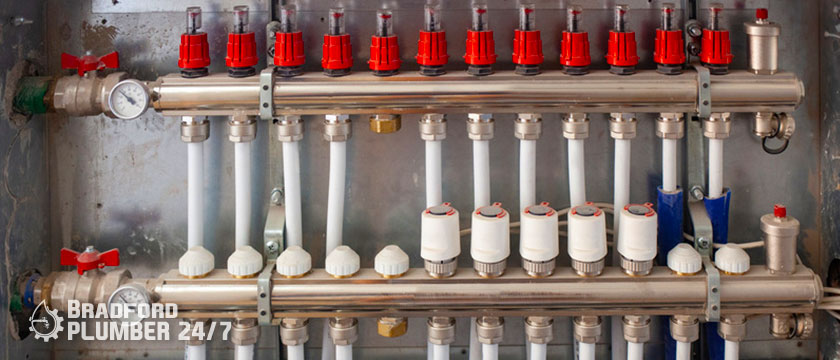
20 Jan. 22
What to do with Leftover Grease and Oil
Should you deep-fry your holiday turkey? Are you roasting your vegetables in bacon grease to add flavor? While cooking oil and grease can add a savory flavor to any dish, they can also make a big mess in your kitchen. Make sure you know what to do with it after you’ve finished cooking, because improperly disposing of cooking oil and grease can have costly consequences, such as a holiday call to a plumber.
Continue reading to find out how to properly discard grease and oil after cooking (and what not to do).
Table of Contents
How to Properly Dispose of Bacon Grease and Oil
The best way to get rid of cooking oil and grease is to simply throw it away. To learn the safest way to dispose of these hot liquids, follow these steps:
- Allow the oil or grease to solidify and cool.
- When the grease has cooled, scrape it into a container that can be discarded.
- When the container is full, seal it in a plastic bag to prevent leakage before throwing it away.
- After you’ve removed the majority of the grease, wipe down all pots, pans, and dishes that came into contact with the oil with a paper towel before rinsing them in the sink.
- Even small amounts of leftover grease can be harmful to your plumbing because it accumulates over time.
What to Do With Cooking Oil
Not ready to get rid of the oil just yet? To give fats a second life, they can be reused or recycled.
Cooking oil can be reused at home.
You can reuse your oil and fats as long as they have been cooked correctly and have not been heated past their smoke point. Reusing cooking oil:
- To remove any food particles, strain the semi-warm oil through cheesecloth, paper towels, or coffee filters.
- Refrigerate, freeze, or store in a cool, dark place in an airtight container.
- Before using, smell the cooking oil to ensure it is not rancid.
- Deep frying, pan frying, sautéing, and baking can all be done with the same oil.
- Cooking oil should be disposed of in the trash can after a few uses or when it goes bad, as instructed above.
Recycle Your Cooking Oil at a Local Drop-Off Location
Some municipalities collect used cooking oil and grease for recycling. Find a recycling facility near you by using this recycling locator. By using this method for cooking oil disposal, you can keep your grease out of the landfill and convert it to a form of alternative energy, such as biodiesel.
Recycle your oil as follows:
- Remove any food particles from the oil by straining it.
- Keep in a resealable container.
- Deliver it to your nearest collection point.
Unless your collection site instructs you otherwise, you can usually mix different types of oils and fats in one container when recycling through a collection facility. Because the collection container does not need to be refrigerated, this is a convenient way to dispose of cooking oil and grease.
What Happens If Grease Gets Down the Drain?
Accidents happen when it comes to disposing of cooking oil, especially when you have guests helping you clean up after a holiday meal.
If grease or cooking oil does get into your sink, take the following steps right away:
Pour some baking soda and white vinegar down the drain to get rid of the grease.
Try an enzyme-based drain cleaner, like Pipe Shield, which helps neutralize grease in both metal and PVC pipes.
If your sink is still slow, use a plunger to further dislodge the grease clog. Not having any luck with these fixes? Unfortunately, you will need to call a local plumbers bradford.
